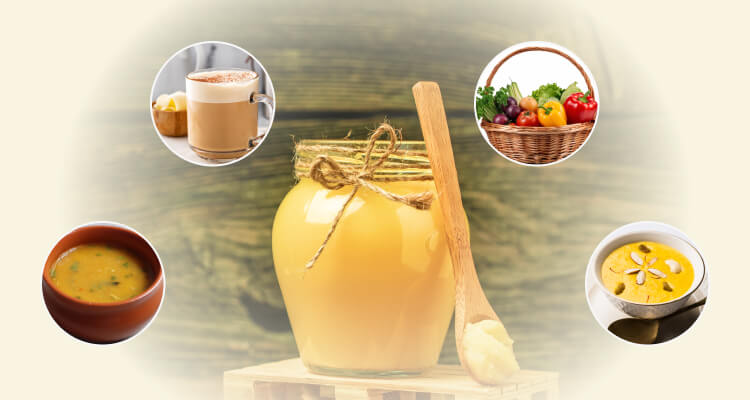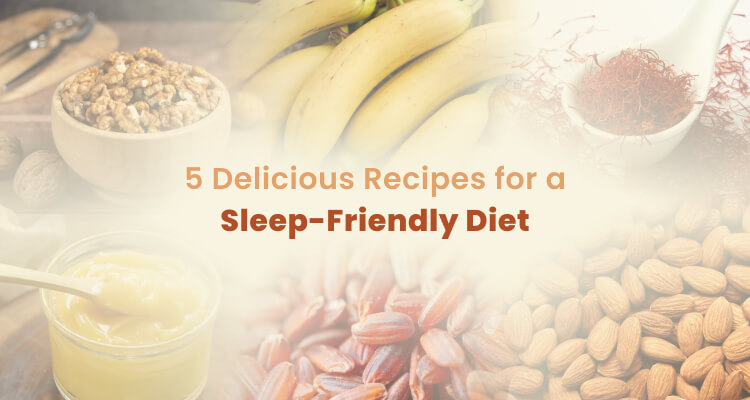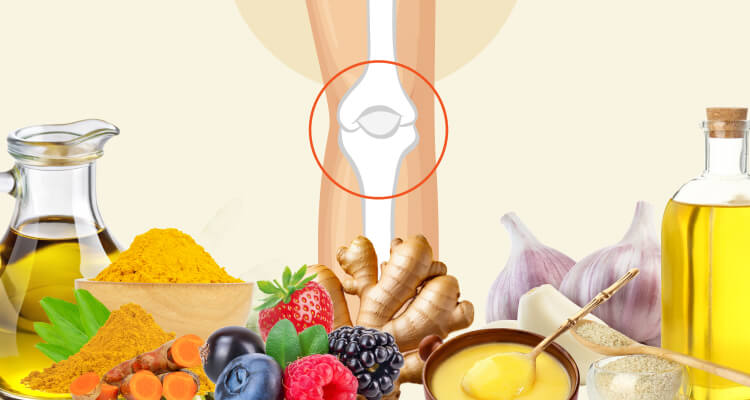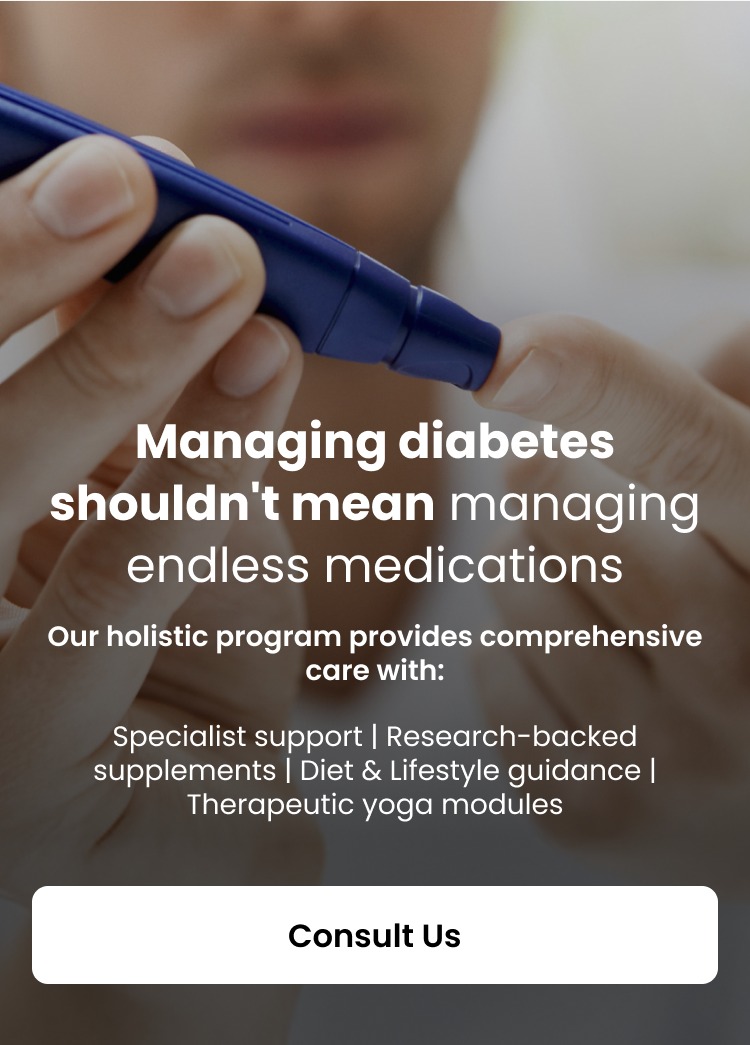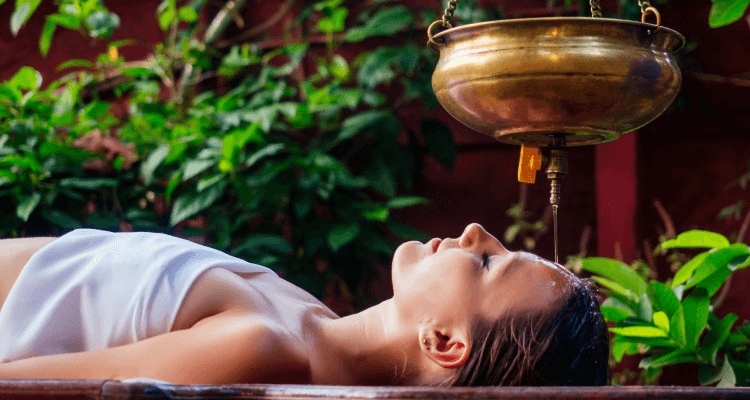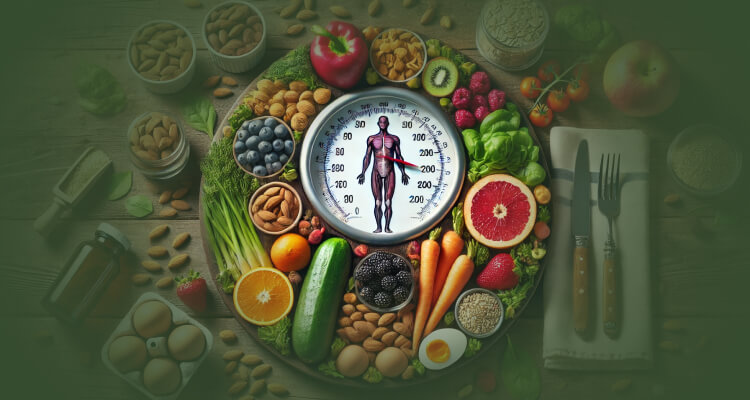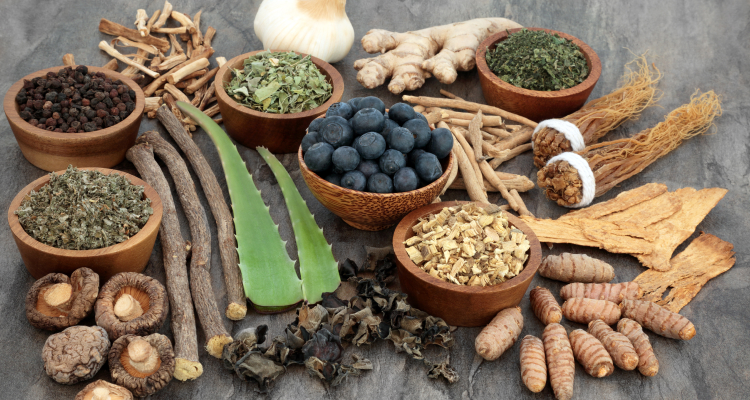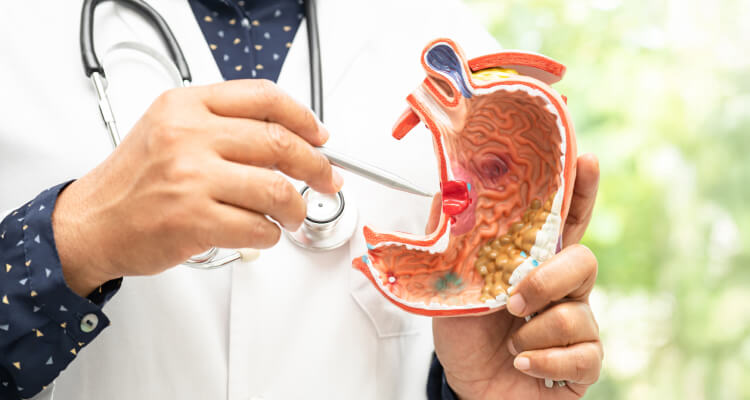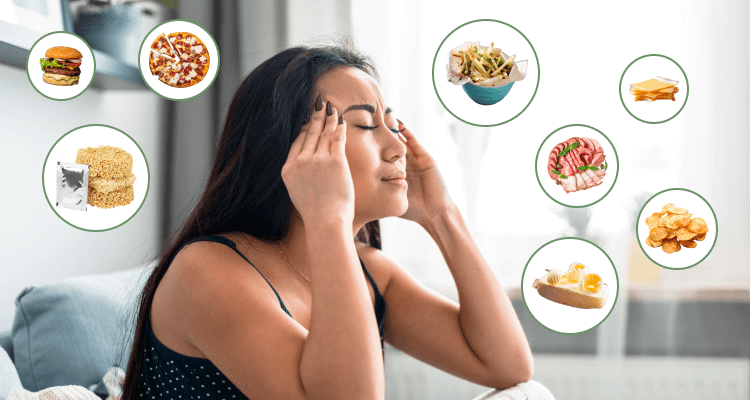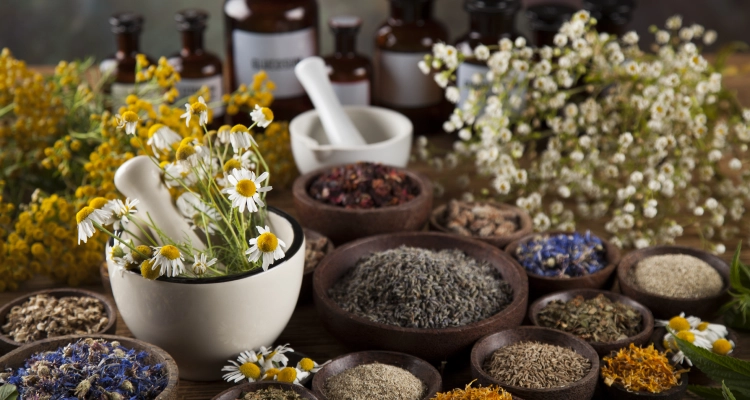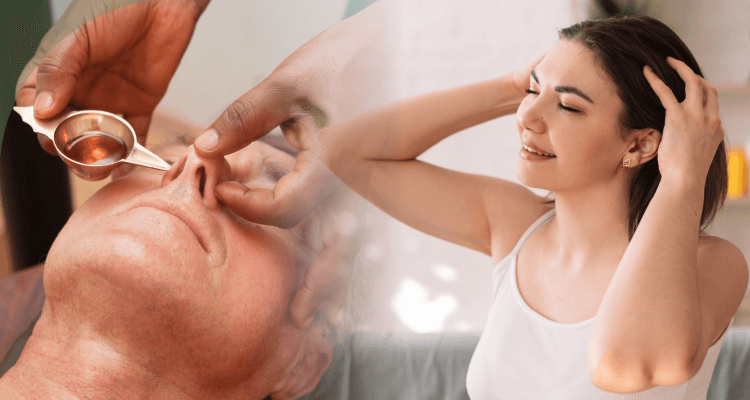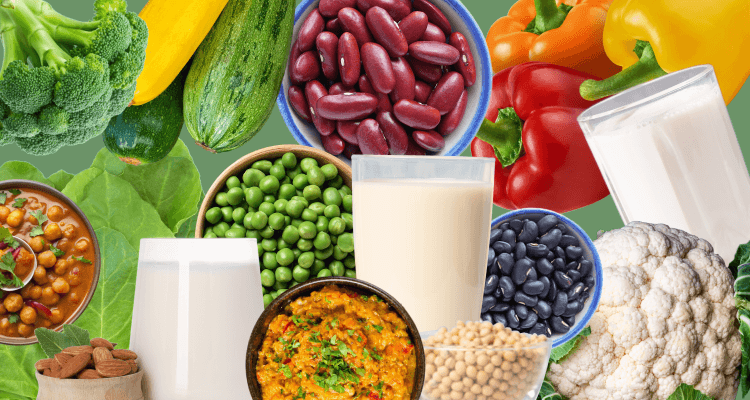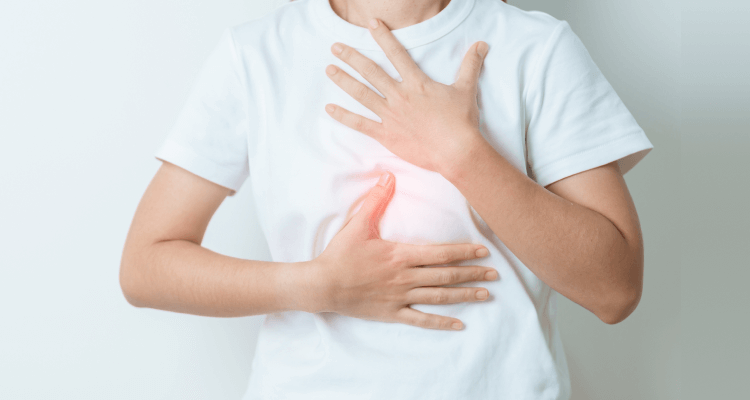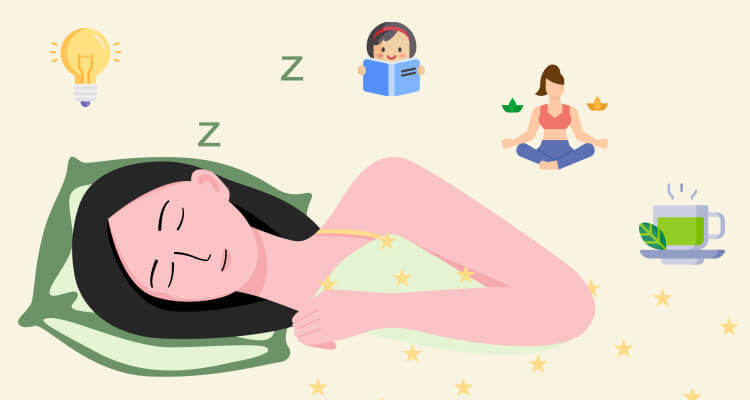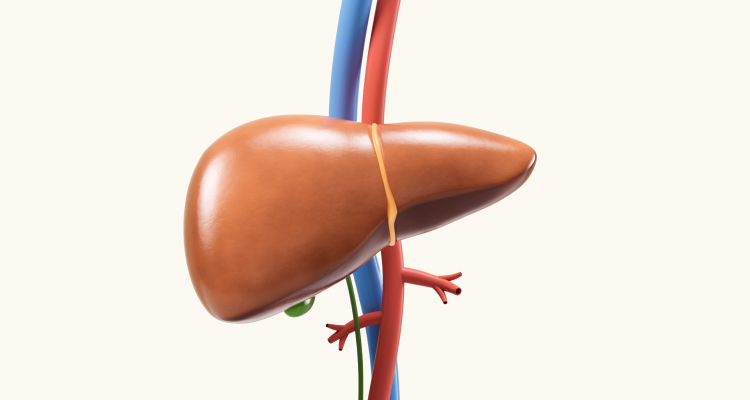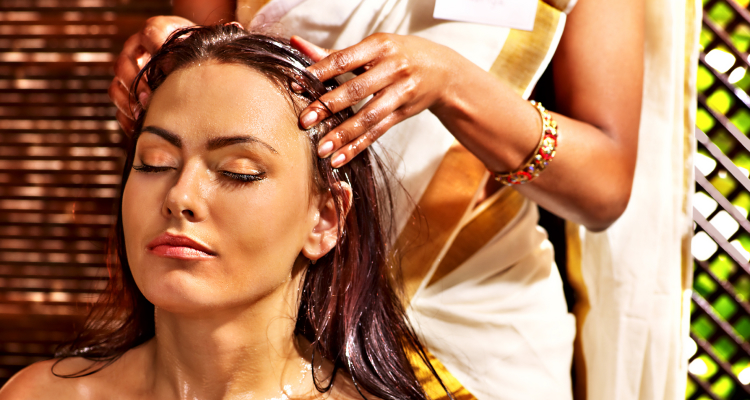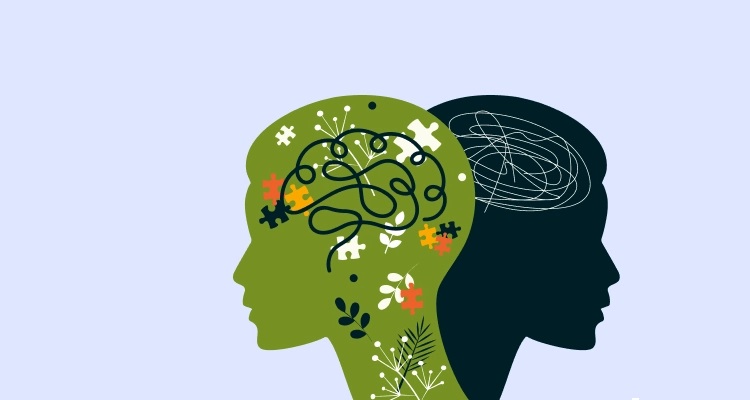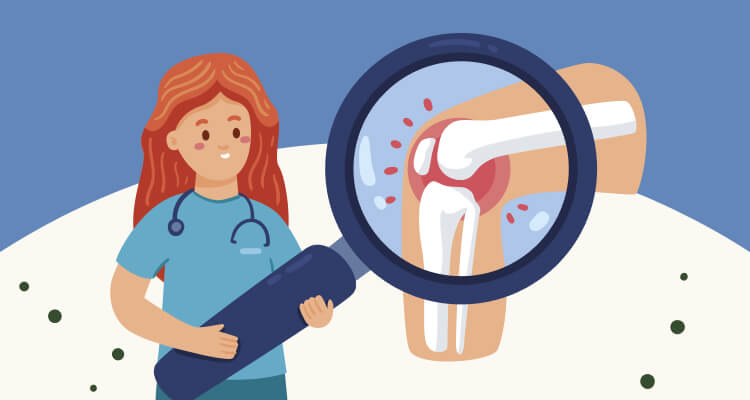A woman’s body goes through incredible transformations throughout life, and one of the most profound transitions occurs with perimenopause, menopause, and postmenopause—three interconnected stages that mark the end of the reproductive years.
This journey is completely natural but often misunderstood. What’s happening inside your body? How do these phases differ? And most importantly, how can you support your body through these changes with expert guidance?
Perimenopause: The Beginning of Change
Perimenopause is the transition period leading up to menopause, during which hormone levels fluctuate unpredictably. It typically begins in a woman’s 40s, but for some, it can start as early as the late 30s.
This phase can last 4 to 8 years as the body gradually reduces its production of estrogen and progesterone, the key hormones regulating menstrual cycles.
- Hormonal Fluctuations: Estrogen levels rise and fall, causing irregular menstrual cycles—sometimes shorter, sometimes longer, sometimes skipping entirely.
- Symptoms Begin: Hot flashes, night sweats, mood swings, sleep disturbances, vaginal dryness, and forgetfulness.
- Fertility Declines but Doesn’t Disappear: Pregnancy is still possible during this phase, though less likely.
- Duration Varies: Some women experience perimenopause for only a couple of years, while others go through a decade-long transition.
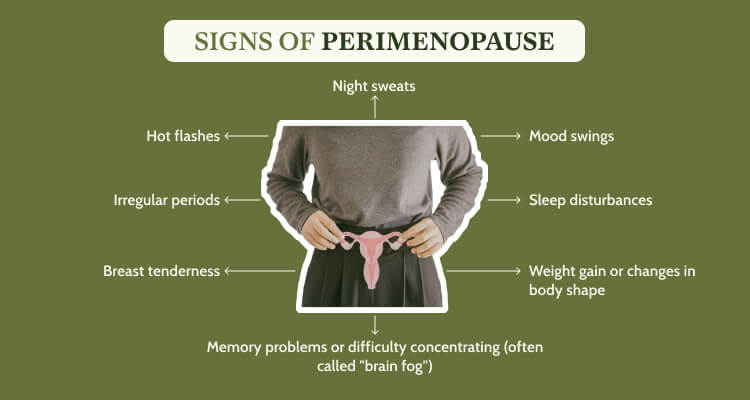
Our team of specialists works with women to identify early signs of hormonal changes and create lifestyle plans that help navigate perimenopause smoothly.
Menopause: The Official Transition
Menopause is not a gradual process—it’s officially diagnosed after 12 consecutive months without a menstrual period. At this point, the ovaries have stopped releasing eggs, and estrogen and progesterone levels remain permanently low.
The average age of menopause is 51, though it can happen anytime between 45 and 55 (or earlier due to medical conditions, surgeries, or chemotherapy).
- Menstruation Stops Completely: No more periods, no more ovulation.
- Sharp Decline in Hormones: The body adjusts to significantly lower estrogen and progesterone levels.
- Symptoms Intensify for Some: Many women experience hot flashes, mood swings, vaginal dryness, joint pain, fatigue, and sleep disturbances, but the severity varies from person to person.
- Fertility Ends: Pregnancy is no longer possible.
Menopause is not a disease; it’s a natural transition. But the symptoms can affect daily life, and understanding how to manage them is key. For women experiencing intense symptoms, our specialists often suggest personalized dietary, herbal, and lifestyle strategies to maintain comfort and balance.
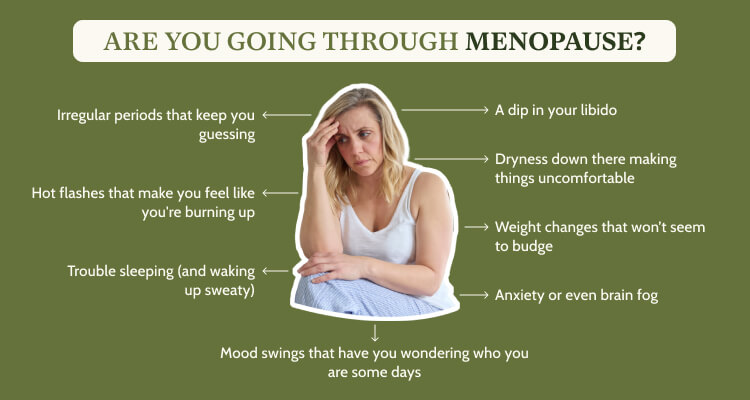
Postmenopause: Life After Menopause
Postmenopause refers to the phase after menopause, when a woman has not had a period for over a year and remains in this stage for the rest of her life. While menopause symptoms often fade over time, some women continue to experience hot flashes, vaginal dryness, or sleep issues.
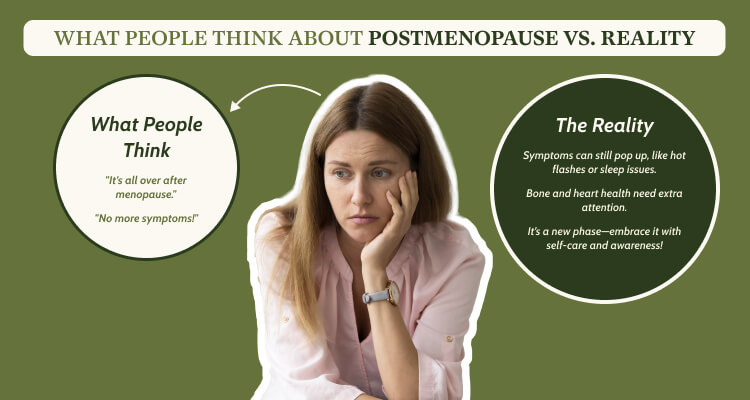
However, this stage also brings new health considerations due to low estrogen levels.
- Hormonal Stability: Estrogen and progesterone levels remain consistently low.
- Reduced Symptoms (But Not Gone Completely): Hot flashes and night sweats typically improve, though some women continue to experience vaginal discomfort or mood changes.
- Increased Health Risks:
- Osteoporosis: Loss of bone density raises the risk of fractures.
- Heart Disease: Estrogen helps protect the heart, so after menopause, the risk increases.
- Urinary & Vaginal Changes: Weakening tissues can lead to urinary incontinence and vaginal dryness.
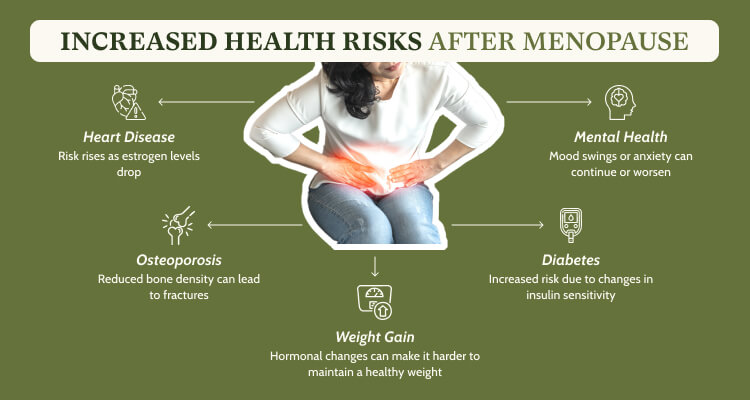
This is a time to focus on proactive health measures—nutrition, exercise, and regular check-ups—to support long-term well-being. Our team recommends monitoring bone density and heart health regularly, combined with nutrition and movement plans tailored to individual needs.
Managing Menopause Symptoms with Live Your Best Life Protocol: What Works?
Menopause is a natural phase in a woman’s life, but that doesn’t mean it’s easy. With symptoms like hot flashes, mood swings, weight gain, and joint pain, it’s crucial to take a holistic approach to manage these changes.
At Live Your Best Life, we combine proven herbal, nutritional, and lifestyle practices into personalized plans that help women thrive through this transition.
Physical Symptoms: Hot Flashes, Weight Gain & Joint Pain
Hot flashes, weight gain, and joint pain are among the most common physical symptoms of menopause. These symptoms stem from imbalanced energies within the body (doshas). Specifically, pitta dosha—associated with heat—can become aggravated, leading to hot flashes, while kapha dosha may contribute to weight gain and sluggishness.
✔ Cooling Practices for Hot Flashes:
- Sandalwood(chandana): Commonly used to alleviate hot flashes and night sweats; effectiveness may vary.
- Red Clover: Contains phytoestrogens, potentially beneficial for reducing hot flashes.
- Evening Primrose Oil: May assist in easing breast tenderness and mood swings for some women.
- Indian Gooseberry (Amla): Known to cool the system, it’s a rich source of vitamin C that supports overall health.
- Coconut Water: Drinking coconut water can soothe the body during hot flashes.
- Herbal Teas: Teas like mint or rose can help alleviate discomfort during hot flashes.
✔ Diet & Nutrition for Weight Gain and Joint Pain:
- Cooling Foods: Favor cucumbers, melons, and leafy greens to balance excess heat.
- Turmeric: A powerful anti-inflammatory herb that reduces joint pain and eases body inflammation. Add turmeric to smoothies or warm milk.
- Ginger and Fenugreek Seeds: These have anti-inflammatory properties and boost metabolism, aiding in weight management.
- Dietary Cautions: Avoid heavy, greasy, or processed foods that can increase kapha dosha and contribute to weight gain.
✔ Daily Exercise & Movement:
- Nadi shōdhana prānāyāma, also known as alternate nostril breathing, is highly effective for alleviating hot flashes and mood swings by promoting a balanced state of mind and body.
- Gentle yin yoga or restorative yoga can help alleviate joint stiffness and improve flexibility.
Emotional & Psychological Symptoms: Mood Swings
As hormone levels decline, emotional and psychological symptoms like mood swings, anxiety, and irritability can take a toll. Ayurveda sees the mind and body as interconnected, and it attributes these changes to vata dosha imbalances, which are characterized by dryness, instability, and change.
✔ Nourishing the Nervous System:
- Meditation and breathing practices, like Ujjayi pranayama, calm the mind and restore balance.
✔ Mindful Eating & Lifestyle:
- A balanced diet helps maintain emotional stability. Sweet, sour, and salty tastes help pacify vata and calm the nervous system. Warming and grounding meals—like soups and stews—support emotional stability.
- Opt for warming and grounding foods like soups and stews that nourish your body and soothe emotions.
- Having meals in a calm environment, focusing on mindful eating, prevents emotional overeating.
Sleep Problems & Fatigue
Sleep disturbances, like insomnia and night sweats, are common menopause symptoms. Ayurveda links sleep issues to vata dosha imbalances, especially when the body becomes overstimulated or when there is too much heat in the system.
✔ Calming Herbal Remedies:
- Ashwagandha has mood-stabilizing effects, which is why it’s known as “the queen of herbs” for menopausal symptoms.
- Fennel seeds and cinnamon tea enhance circulation, alleviate cramps, and offer antispasmodic benefits for overall well-being.
✔ Sleep Hygiene & Restorative Practices:
- Therapies, such as self-massage with warm oils (abhyanga), can promote relaxation and improve sleep.
- Reduce the use of electronics before bed—vata-dominant individuals (those prone to dryness, restlessness, and overstimulation) are especially sensitive to the effects of blue light.
Vaginal Dryness & Low Libido
As estrogen levels decline, vaginal dryness and a lowered libido can occur. These symptoms are linked to vata imbalance.
✔ Hydrating Herbs & Oils:
- Aloe vera is known for its cooling and anti-inflammatory properties and can be consumed or applied topically to alleviate vaginal dryness.
- Shatavari, a key herb for women’s health in Ayurveda, supports hormonal balance and lubrication in the body, soothing abdominal discomfort.
✔ Herbal Support for Libido:
- Cumin is considered best for digestive, detoxifying, and anti-inflammatory properties and helps ease menstrual discomfort during menopause.
✔ Vaginal Health & Pelvic Floor Exercises:
Yoga poses like Bound Angle Pose (Baddha Kōnāsana), Squat Pose (Malāsana), and Wide-Angled Seated Forward Bend Pose (Upavishta Kōnāsana) strengthen the pelvic floor muscles, improve flexibility, and support overall vaginal health. Regular practice can lead to better posture, less discomfort, and a balanced body and mind.
Long-Term Health Risks: Heart Disease, Osteoporosis & Urinary Issues
The drop in estrogen after menopause increases the risks of heart disease, osteoporosis, and urinary incontinence. Thus, it is essential to maintain balance through diet, exercise, and lifestyle to mitigate these risks.
✔ Heart Health:
-
- Go for a Vata-Pacifying Diet by adding ghee and sesame oil, which are considered nourishing and protective for the heart, promoting circulation and a balanced lipid profile.
- Turmeric and ginger are widely used in Ayurveda for their anti-inflammatory properties, promoting cardiovascular health.
- Opt for easily digestible, warm meals like soups, stews, and khichdi to support digestion and overall health
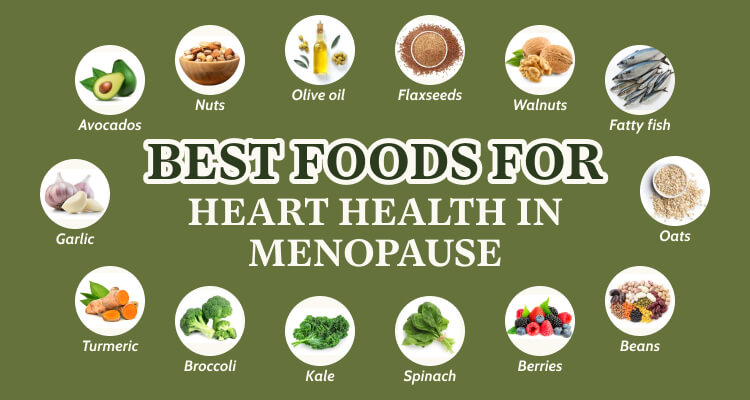
✔ Bone Health:
-
- Engage in activities like walking, jogging, and dancing to help maintain bone density by stimulating bone remodeling.
- Incorporate nutrient-dense foods rich in magnesium, potassium, and vitamin K (e.g., green leafy vegetables and nuts) to enhance bone health.
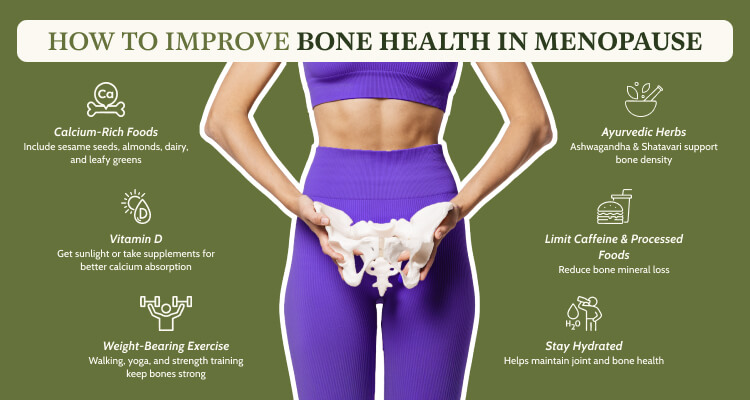
Live Your Best Life – Empowering You Through Every Stage
At Live Your Best Life, we understand that navigating perimenopause, menopause, and postmenopause requires a holistic approach—one that embraces the mind, body, and spirit. Our mission is to empower you with the knowledge, resources, and natural solutions that you need to feel confident and in control of your health journey.
We’re not just another health brand—we are your trusted partner, offering Ayurvedic wisdom simplified for the modern world. Whether you’re looking to manage menopausal symptoms, improve overall wellness, or find relief from chronic conditions, we provide science-backed natural solutions that you can trust. Our personalized care plans, easy-to-consume Ayurvedic products, and technology-driven approach ensure that you receive quality care every step of the way.
Live Your Best Life is about more than just surviving through life’s transitions; it’s about thriving—feeling your best, embracing natural wellness, and living a vibrant, healthy life no matter your age or stage. With our holistic platform and compassionate care, you can rest assured that you’re choosing a path that not only addresses your symptoms but nurtures your overall well-being.
Remember, menopause and beyond doesn’t mark the end; it’s a new chapter in your life—a chapter where you have the power to live your best life. We’re here to help you every step of the way, with authentic, research-backed solutions that support your unique needs. Let’s move forward together and embrace the vibrant, empowered future that awaits you.


